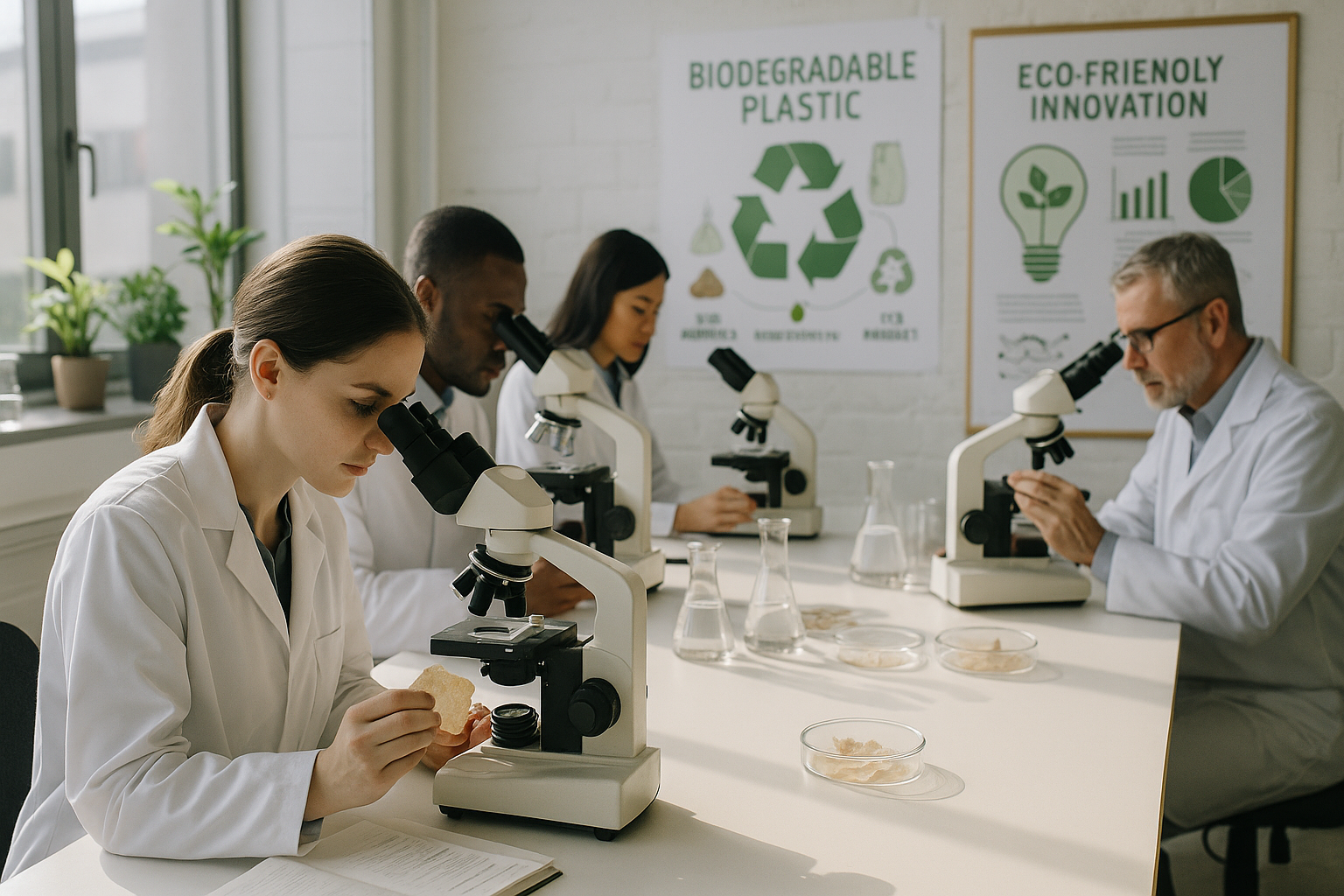Plastic Industry Secrets Revolutionizing Sustainable Practices Today
Are you ready to uncover the cutting-edge secrets of the plastic industry that are not only reshaping sustainable practices but also offer you a chance to browse options and explore how these innovations can benefit your business and the environment?

The Evolution of Sustainable Practices in the Plastic Industry
The plastic industry, long criticized for its environmental impact, is undergoing a significant transformation driven by the urgent need for sustainable practices. This shift is not only crucial for environmental conservation but also presents lucrative opportunities for businesses willing to adapt. With consumers increasingly demanding eco-friendly products, companies are innovating to meet these expectations, making it essential for you to understand and leverage these advancements.
Biodegradable Plastics: A Game Changer
One of the most promising developments in the plastic industry is the rise of biodegradable plastics. These materials break down naturally in the environment, reducing the long-term pollution associated with traditional plastics. Companies like BASF and NatureWorks are leading the charge by developing bioplastics that are not only environmentally friendly but also commercially viable1. By switching to biodegradable options, businesses can enhance their sustainability credentials and appeal to eco-conscious consumers.
Recycling Innovations: Closing the Loop
Recycling has always been a cornerstone of sustainability, but recent innovations are taking it to new heights. Advanced recycling technologies, such as chemical recycling, allow for the conversion of plastic waste back into its original monomers, which can then be reused to create new products. This process not only reduces landfill waste but also conserves resources by enabling a circular economy2. As these technologies become more accessible, businesses have the opportunity to integrate them into their operations, potentially reducing costs and enhancing their green credentials.
Energy-Efficient Manufacturing: Reducing Carbon Footprints
Another area where the plastic industry is making strides is in energy-efficient manufacturing processes. By adopting techniques such as injection molding with reduced energy consumption, companies can significantly lower their carbon footprints. For instance, the use of electric and hybrid machines in manufacturing has been shown to decrease energy usage by up to 50% compared to traditional hydraulic machines3. This not only benefits the environment but also offers cost savings, making it an attractive option for businesses looking to improve their bottom line.
Collaborative Efforts and Industry Partnerships
To accelerate the adoption of sustainable practices, many companies are forming partnerships and joining industry coalitions. Initiatives like the Alliance to End Plastic Waste bring together businesses, governments, and NGOs to tackle plastic pollution collectively4. By participating in such collaborations, your business can gain access to shared resources, knowledge, and technologies, further enhancing your sustainability efforts.
The plastic industry's shift towards sustainability is not just a trend but a necessary evolution that offers numerous benefits for businesses and the environment. By exploring these options and integrating innovative practices like biodegradable plastics, advanced recycling, and energy-efficient manufacturing, you can position your business as a leader in sustainability. As you continue to search options and explore these groundbreaking solutions, you'll find ample opportunities to enhance your brand's reputation and contribute to a healthier planet.